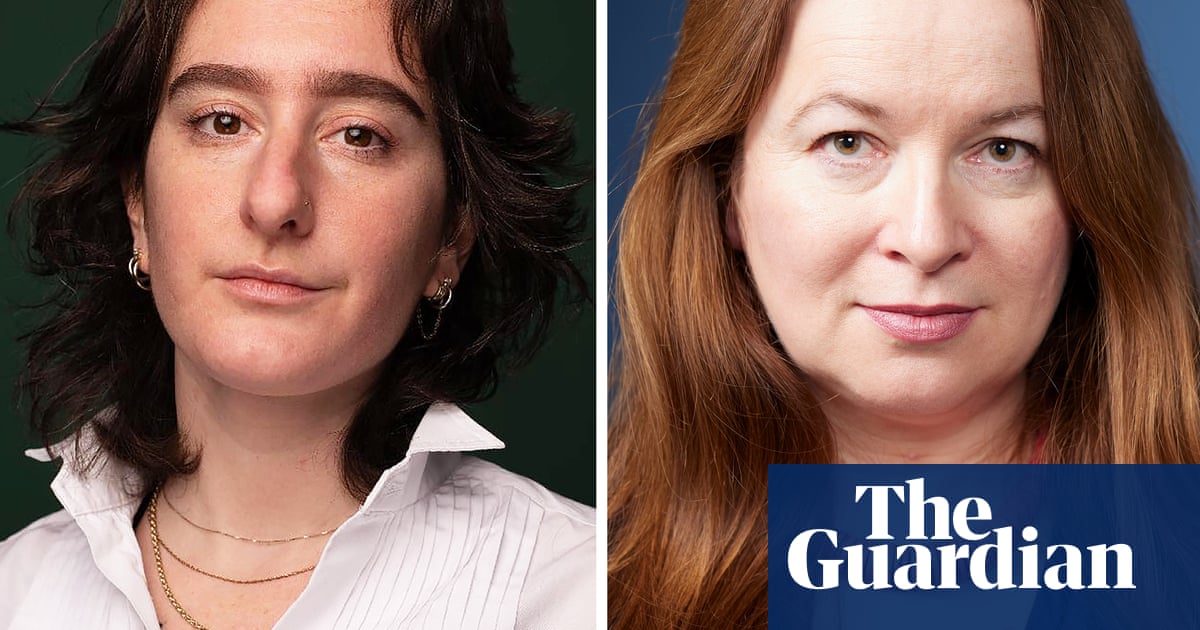Dutch debut novelist Yael van der Wouden has won this year’s Women’s prize for fiction, while British doctor Rachel Clarke took home the nonfiction award.
Van der Wouden’s The Safekeep and Clarke’s The Story of a Heart, which made last year’s Booker and Baillie Gifford prize shortlists respectively, were announced as the winners on Thursday evening, with each author awarded £30,000.
The Safekeep is a romantic and family saga set in the Netherlands in 1961 which explores the treatment of Dutch Jews in the postwar period. “This is an impressive debut,” wrote Rachel Seiffert in aGuardian reviewof the novel. “I already look forward to Van der Wouden’s next. She can draw characters with nuance, without fear too; she creates and sustains atmospheres deftly, and ultimately delivers a thrilling story.”
Chair of the fiction prize’s judging panel, author Kit de Waal, said: “The Safekeep is that rare thing: a masterful blend of history, suspense and historical authenticity … a classic in the making.”
Van der Wouden’s debut trumped novels by the more established writers Miranda July and Elizabeth Strout. The three other shortlisted books were also first novels: Good Girl by Aria Aber, The Persians by Sanam Mahloudji and Fundamentally by Nussaibah Younis.
In The Story of a Heart, Rachel Clarke sets the story of two children connected by a heart transplant against the history of heart surgery. “While there is much to be gleaned here about the minutiae of medical inventions and procedures, Clarke never loses sight of the human impact,” wrote Fiona Sturges in herGuardian reviewof the book.
Chair of judges for the nonfiction prize, journalist Kavita Puri, described Clarke’s book as “authoritative, beautiful and compassionate.
“This is a book where humanity shines through on every page, from the selfless act of the parents who gift their daughter’s heart in the depths of despair, to the dedication of the NHS workers,” she added.
At the ceremony in London, Bernardine Evaristo also received the one-off outstanding contribution award, which wasannounced last weekand awarded in celebration of the Women’s prize’s 30th anniversary.
Evaristo has never won the prize, but was shortlisted for her Booker-winning novel Girl, Woman, Other. Winning the £100,000 outstanding achievement prize “more than makes up for it”, she saidin a Guardian interview.
De Waal was joined on the fiction panel by the authors Diana Evans and Bryony Gordon, magazine editor Deborah Joseph, and musician Amelia Warner, while Puri’s fellow nonfiction judges were historian Leah Broad, novelist Elizabeth Buchan, academic Elizabeth-Jane Burnett and writer Emma Gannon.
Sign up toBookmarks
Discover new books and learn more about your favourite authors with our expert reviews, interviews and news stories. Literary delights delivered direct to you
after newsletter promotion
Other booksshortlistedfor the nonfiction prize wereA Thousand Threadsby Neneh Cherry,Raising Hareby Chloe Dalton, Agent Zo by Clare Mulley, What the Wild Sea Can Be by Helen Scales, andPrivate Revolutionsby Yuan Yang.
The nonfiction prize waslaunched in 2023after research found that only 35.5% of books awarded a nonfiction prize over the preceding decade were written by women, across seven UK prizes.
This year’s prizes were open to novels and nonfiction books written in English and published in the UK between 1 April 2024 and 31 March 2025.
Theinaugural nonfiction winnerwas Naomi Klein for Doppelganger. Last year also saw VV Ganeshananthan named the fiction winner for Brotherless Night. Past winners of the fiction prize include Zadie Smith, Ali Smith and Chimamanda Ngozi Adichie.
The Safekeepby Yael van der Wouden is published by Penguin (£9.99), andThe Story of a Heartby Rachel Clarke by Little, Brown (£10.99). To support the Guardian, order your copy atguardianbookshop.com. Delivery charges may apply.
